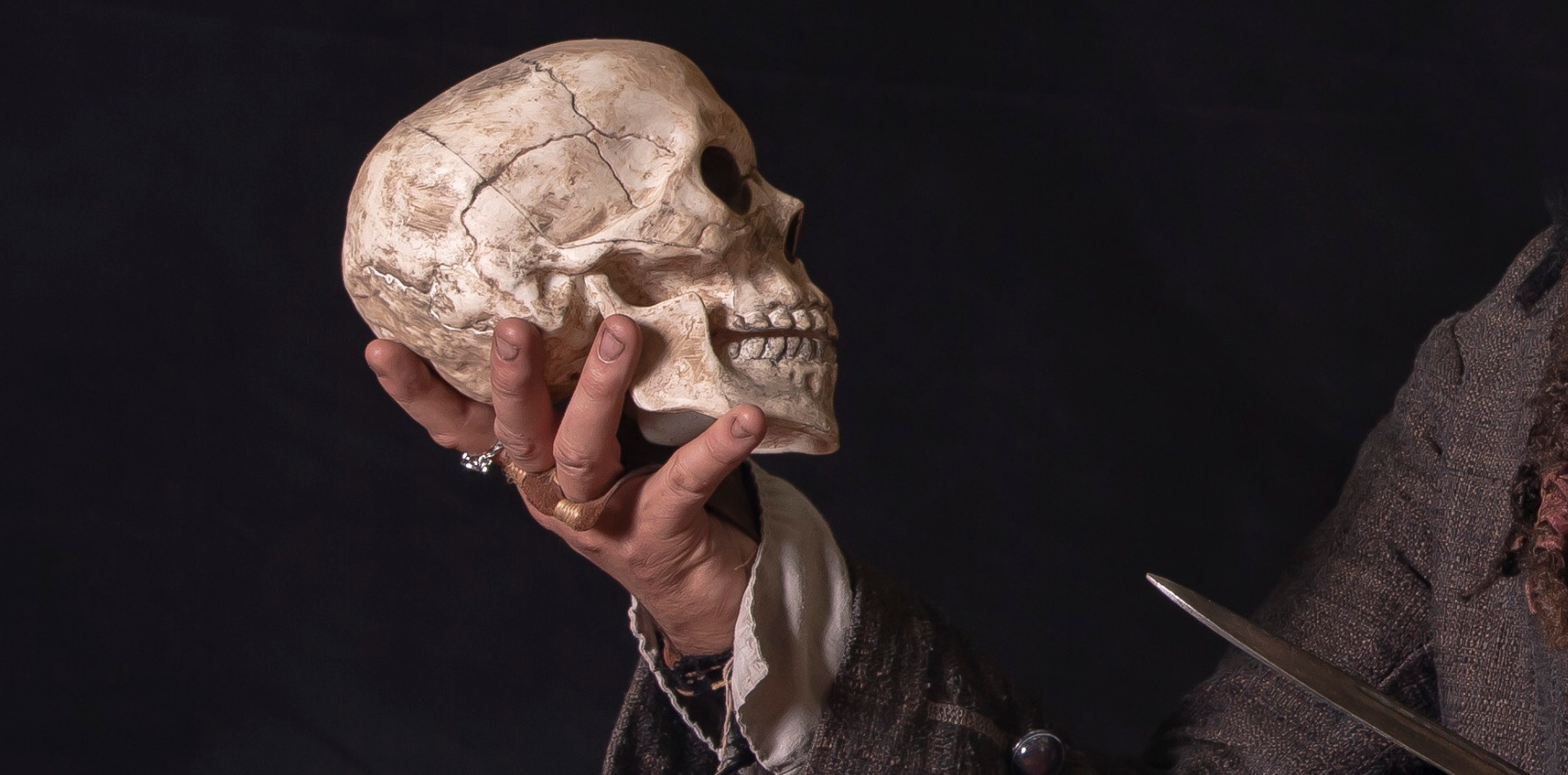On the eve of a ‘landmark’ chat with states and territories, the feds’ plans have been labelled as ‘demonstrably’ ineffective and Macbeth-like in its insignificance. Ouch.
Leading psychiatrists have condemned this year’s federal mental health budget, labelling it “misallocated, and akin to a tale ‘full of sound and fury … signifying nothing’”, in a new editorial.
Ahead of a “landmark” discussion on mental health reform between state and federal governments last Friday, the four prominent psychiatrists writing in Australasian Psychiatry have been anything but complimentary.
According to Associate Professor Jeffrey Looi, Dr Stephen Allison, Professor Tarun Bastiampillai and Professor Steve Kisely, the federal government’s choice to spend a hefty $588.5 million on a free national low-acuity digital mental health service was misguided.
With no direct funding for the most severe and disabling forms of mental illness, other than pre-existing state and territory disbursements, the budget misallocated funds on milder disorders and on programs that “lack efficacy and do not warrant public funding”.
The budget only allocated $29.9 million over four years to the network of Medicare mental health centres that aimed to cater for high-acuity mental illness.
- This article was first published by Health Services Daily. Read the original here, or sign up for your discounted GP subscription here.
“New initiatives are inequitably skewed towards milder forms of anxiety and depression … there are substantial concerns that the Commonwealth funding has potentially been misallocated to ineffective interventions that are unlikely to reduce the population prevalence of mild anxiety and depression in Australia,” the editorial said.
“Funds may have been better allocated to provide effective care for those with the most severe and disabling illnesses including schizophrenia, bipolar disorder and severe depression.”
According to the editorial, the evidence base for the free digital program wasn’t sound and wouldn’t scale nationally.
The precursor to the digital program – the Head to Health National Digital Mental Health Gateway established in 2017 – cost an initial $700 million and only partially met its objectives, according to the analysis.
Additionally, the platform’s linked psychological therapy service – based on what the federal government labelled a “very successful” UK model – were “demonstrably” ineffective at a population level and did not reduce prevalence of common mental health disorders or antidepressant use.
According to The Australian, the federal government said the platform would not be directly analogous to the UK model and would be critical to preventing higher acuity mental health disorders.
Federal Health Minister Mark Butler said the government was “committed to reforming the mental health system to ensure all Australians receive equitable access to the care they need”.
Related
Ahead of a meeting between the federal and state governments, the first of its kind in several years according to the RANZCP, the college has briefed the government on pain points and priorities.
Core points included the “crumbling” private system and workforce shortages.
“Private and public sectors are components of the one single mental health system,” said RANZCP in the briefing seen by our sister publication Health Services Daily.
“Yet, the private system faces unprecedented challenges with unoccupied beds and facility closures due to staffing shortages, preventing admissions despite rising demand.”
The college also called for inclusion of mental health in the next National Health Reform Agreement, prioritisation of mental health in the NDIS and a biannual meeting of mental health ministers.





